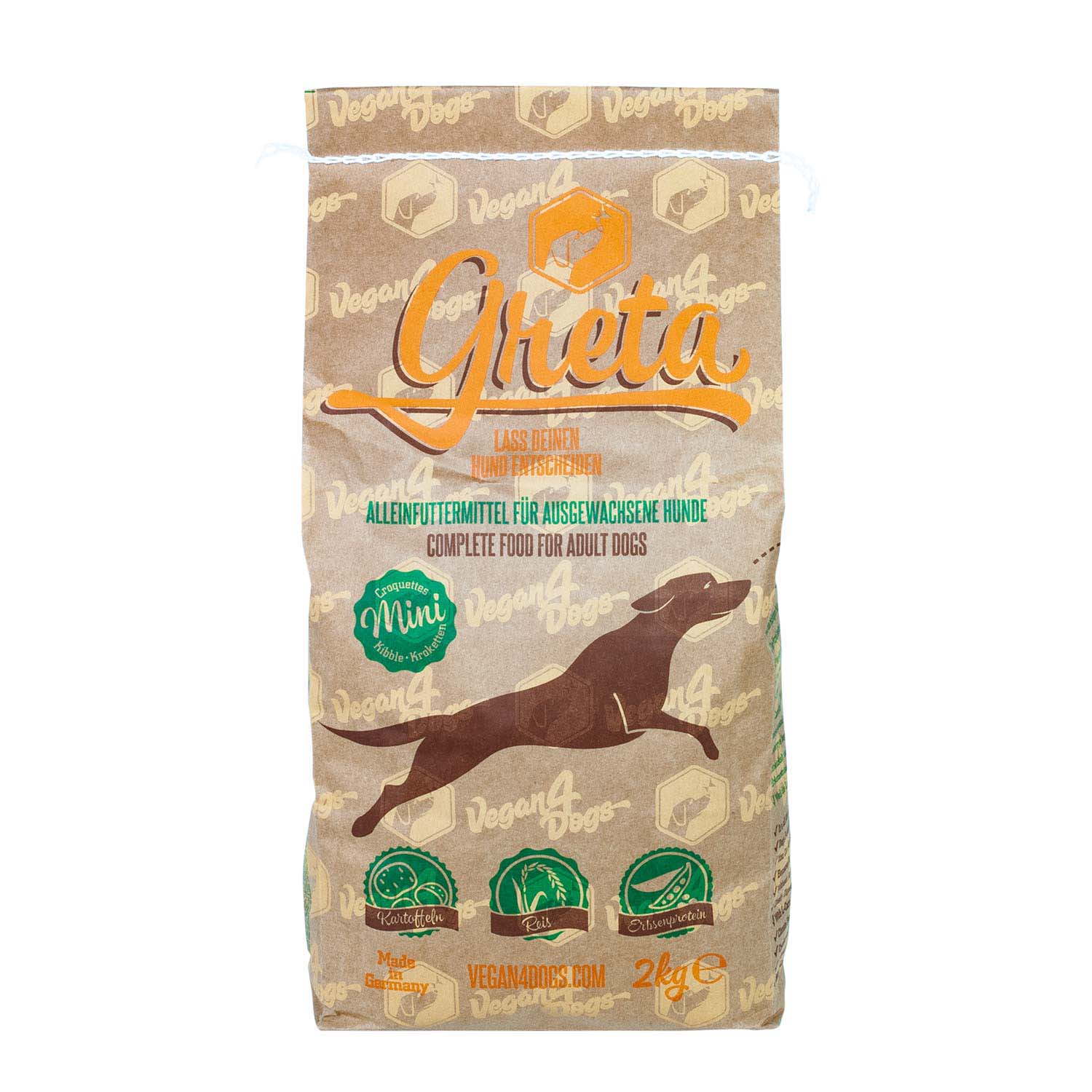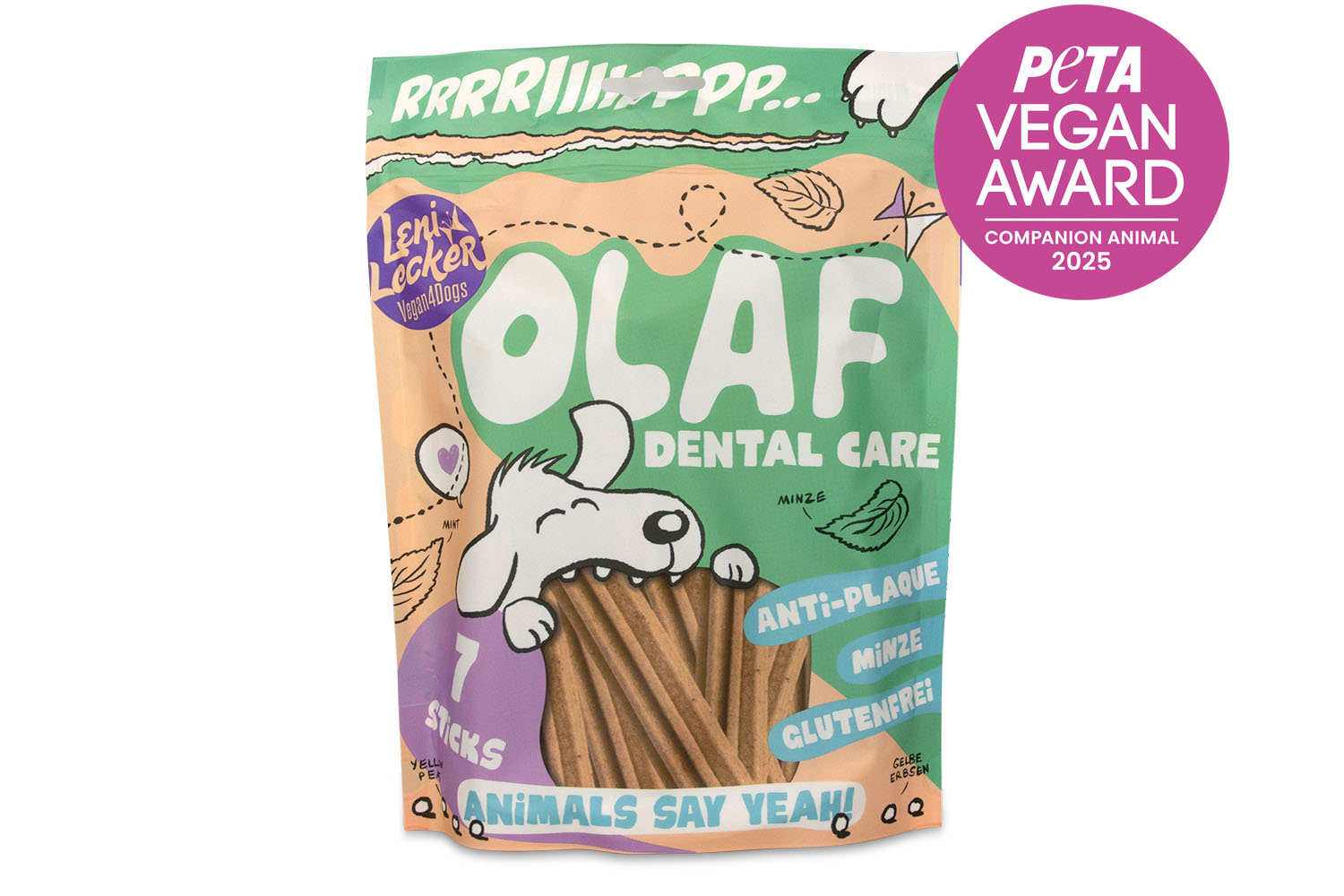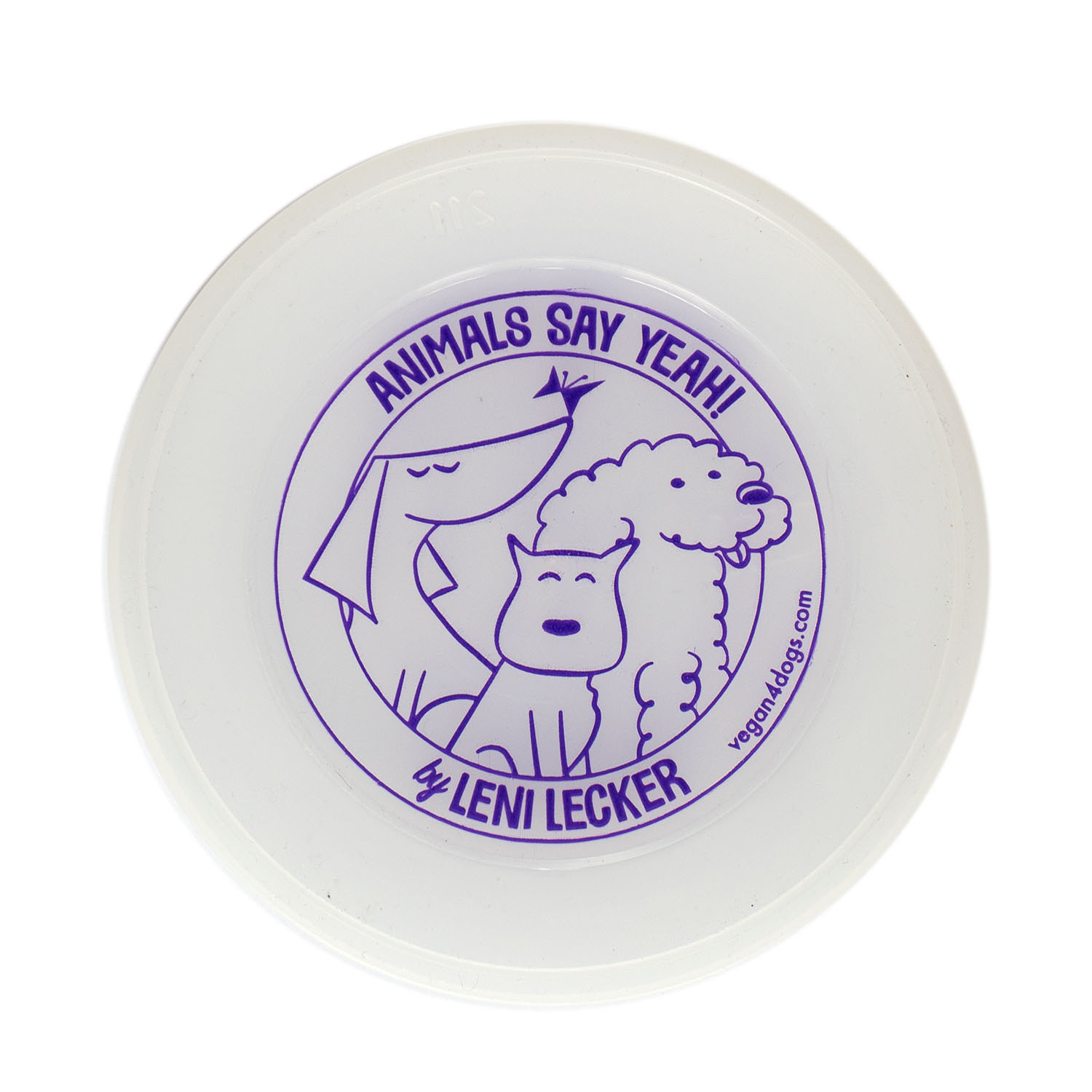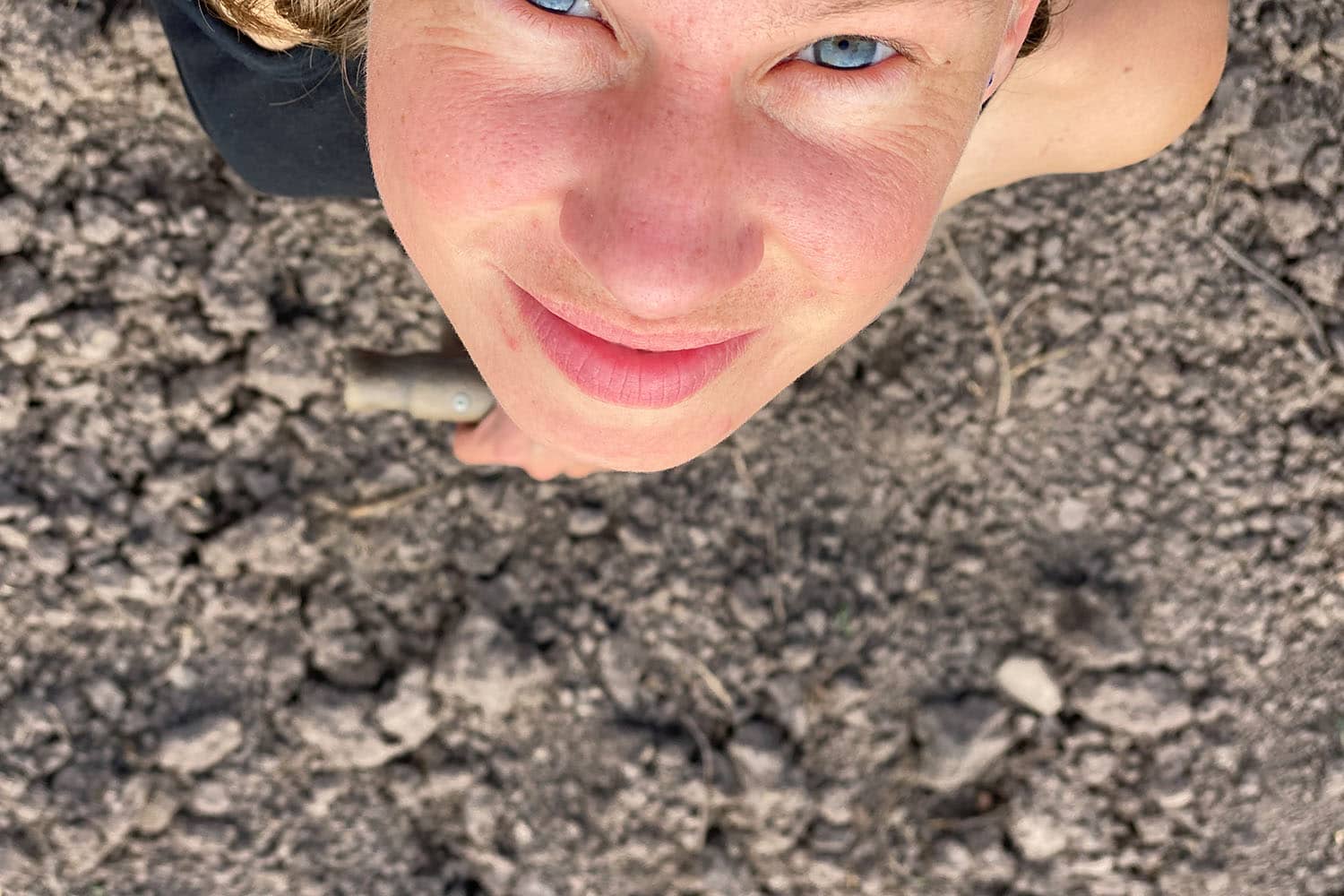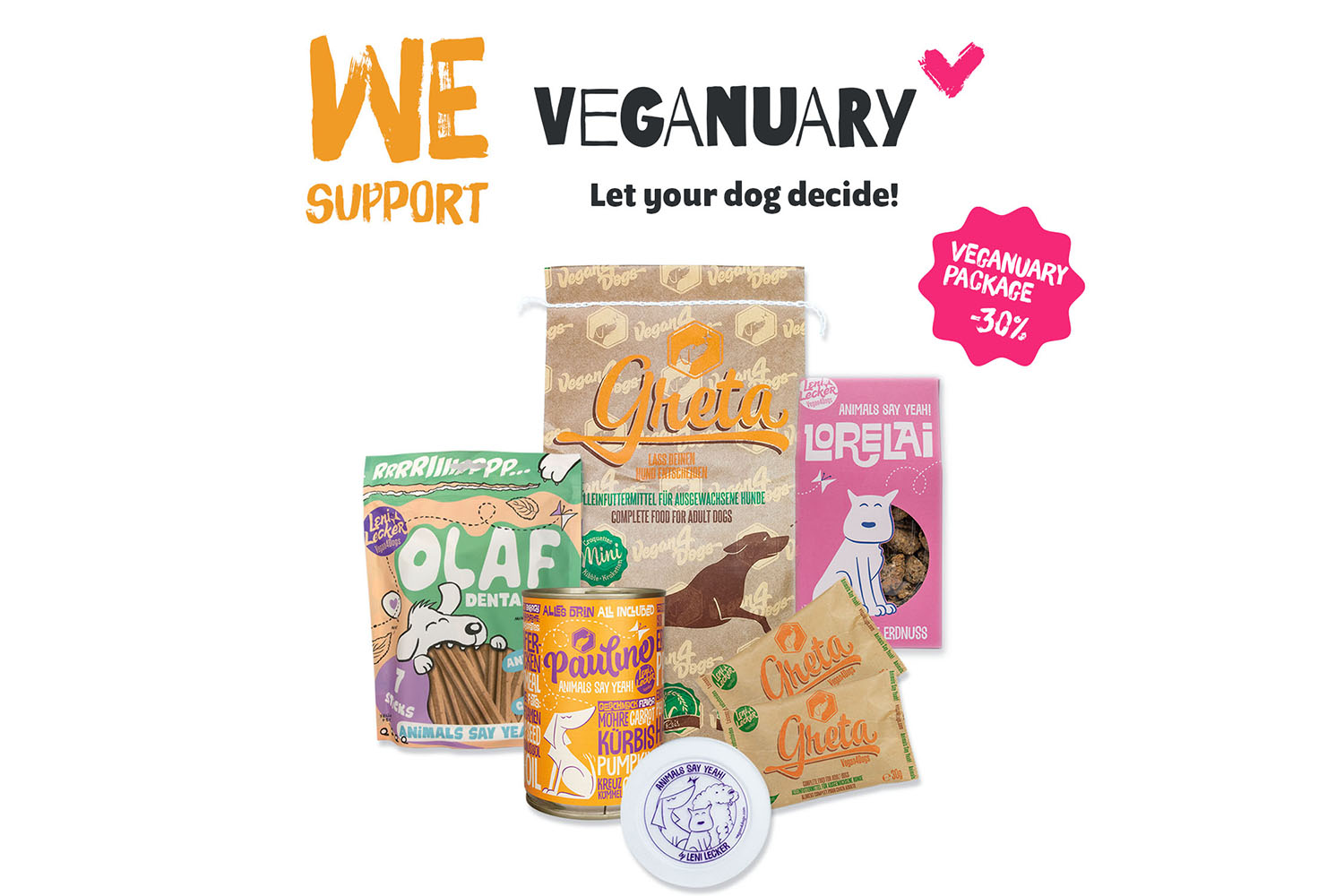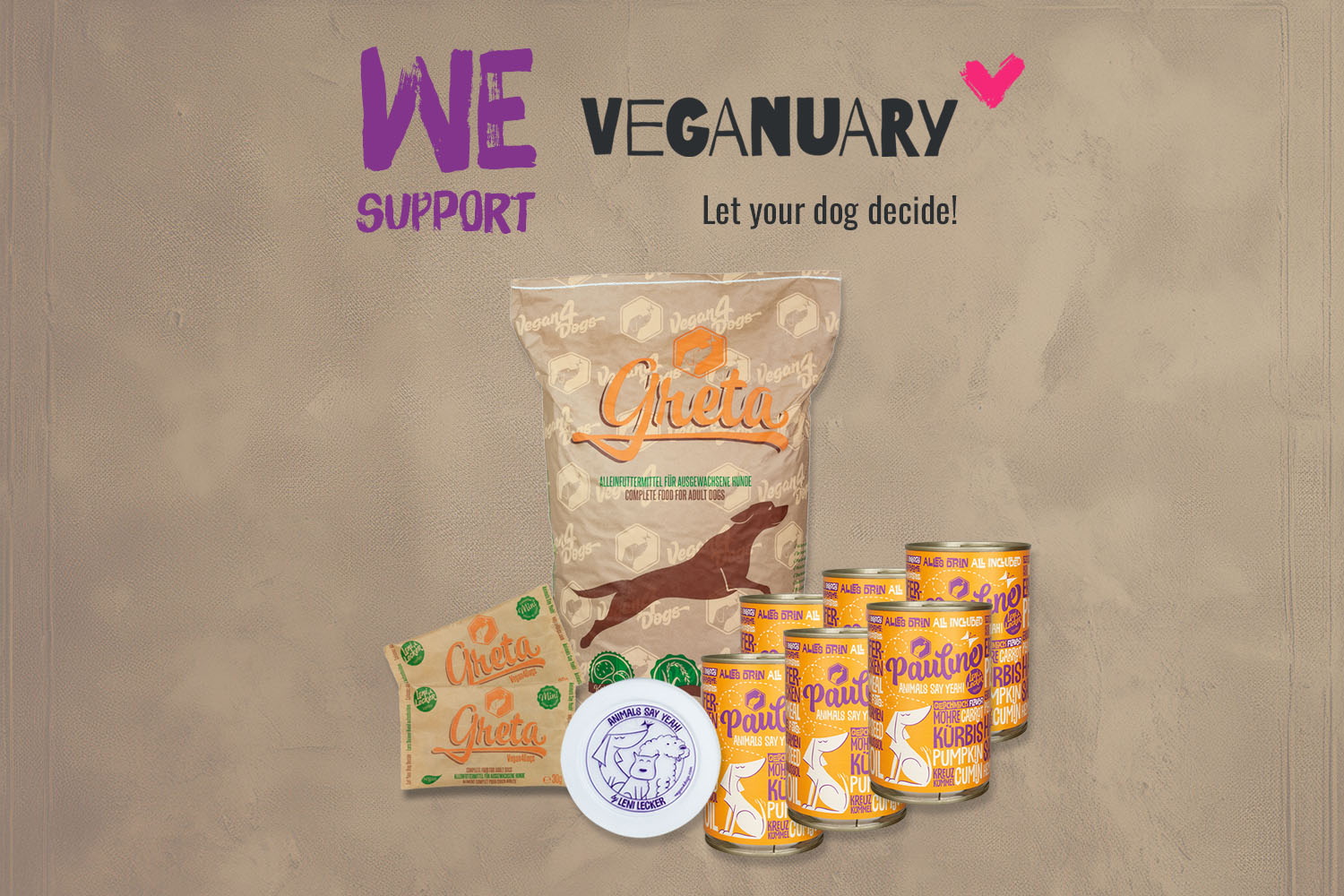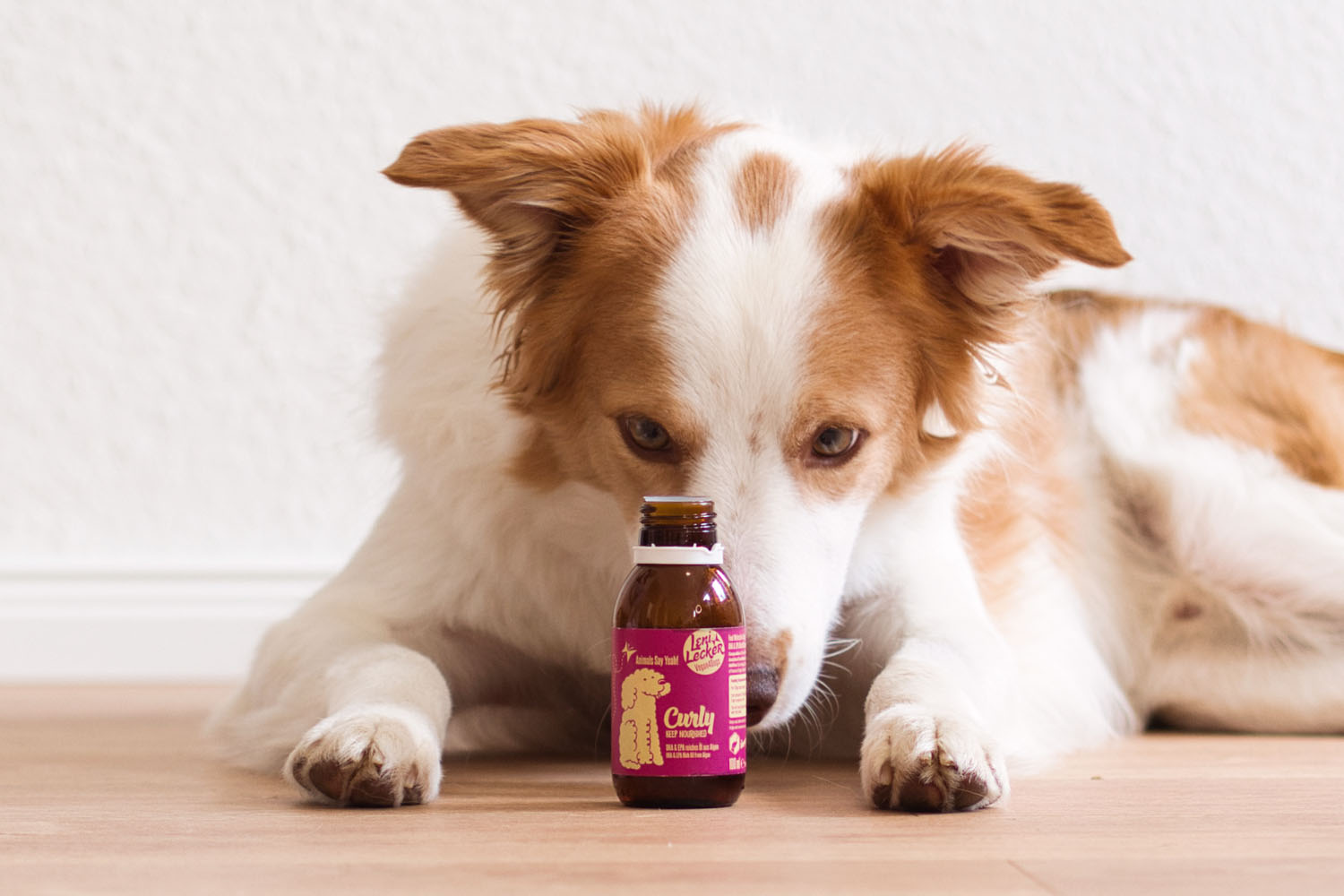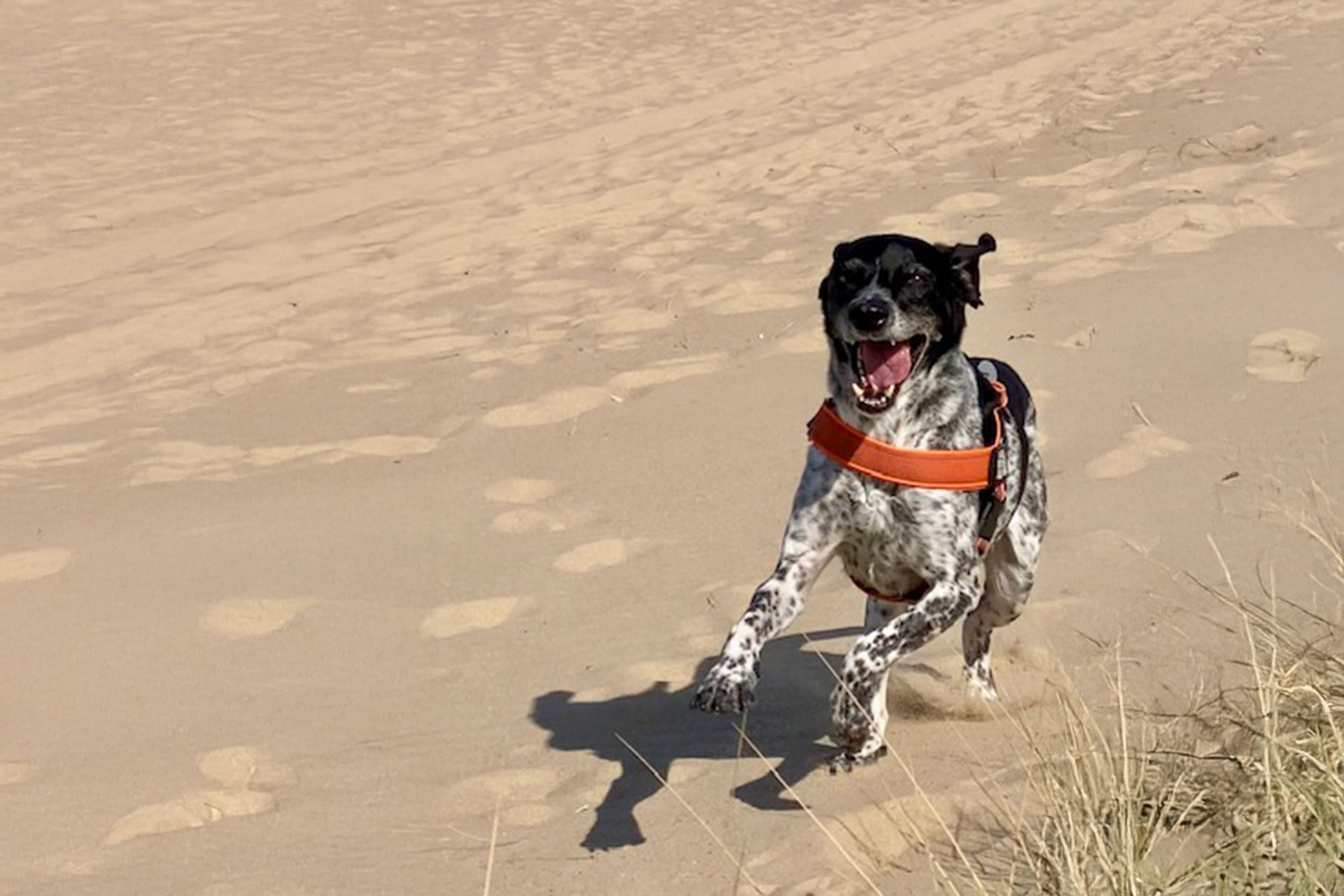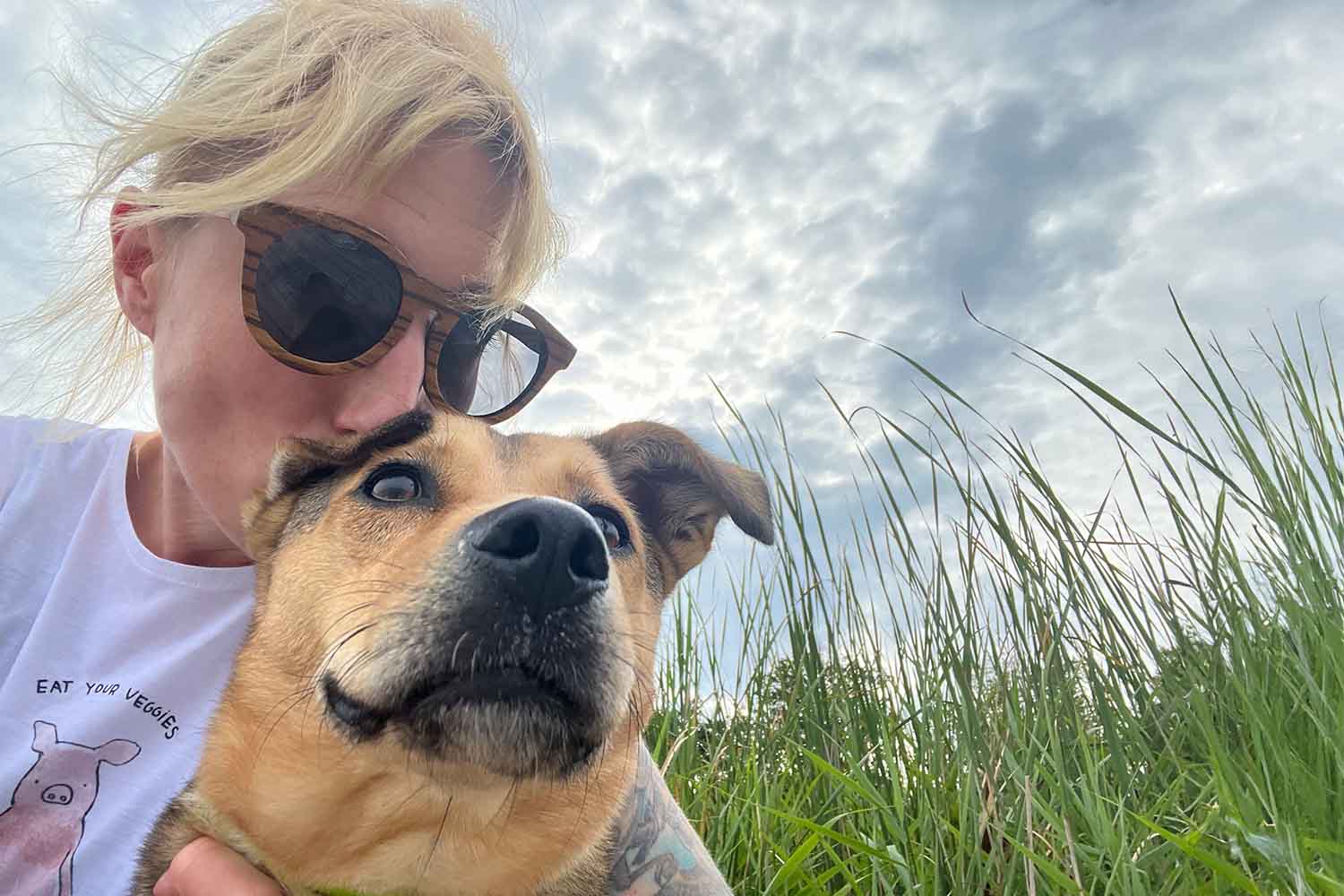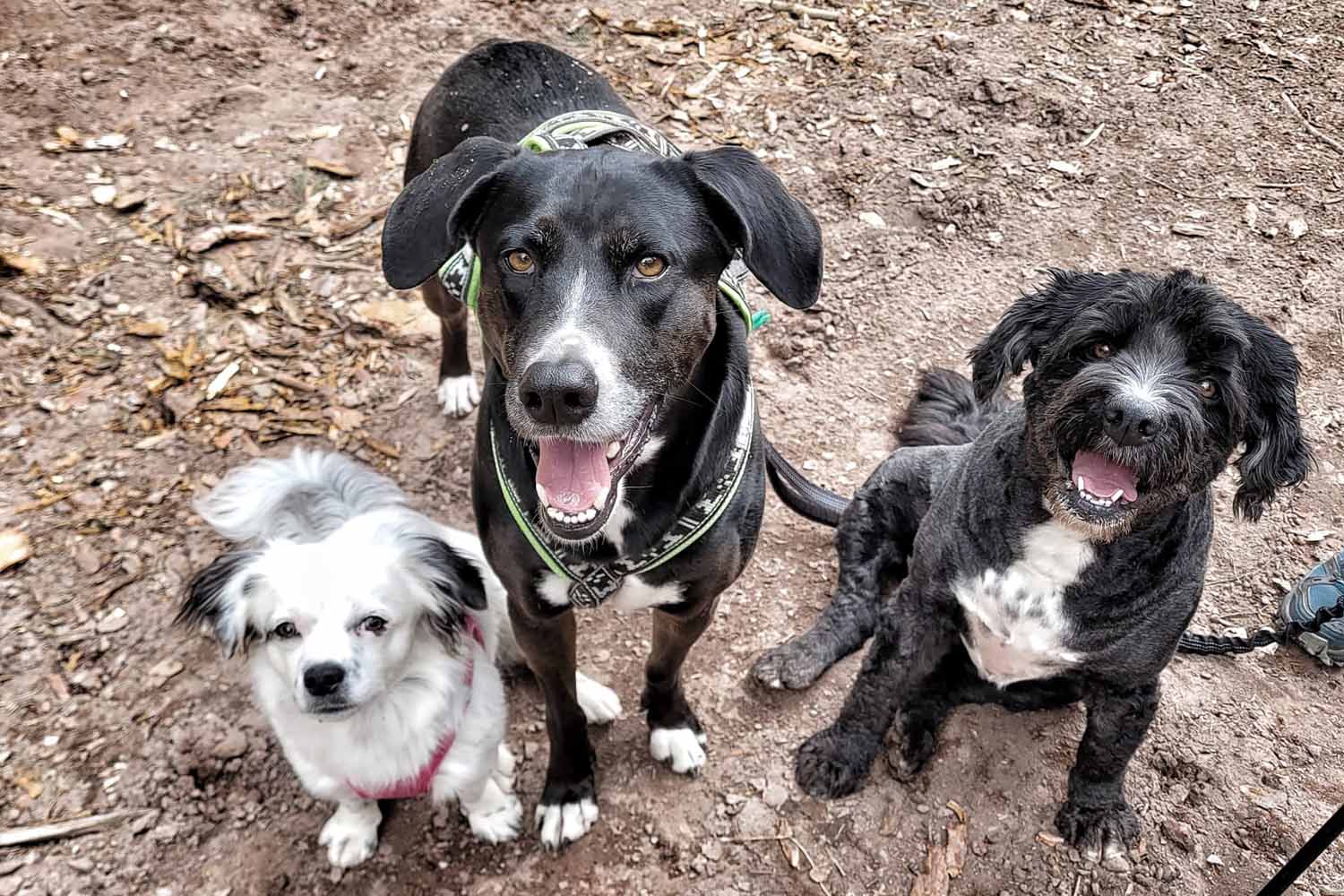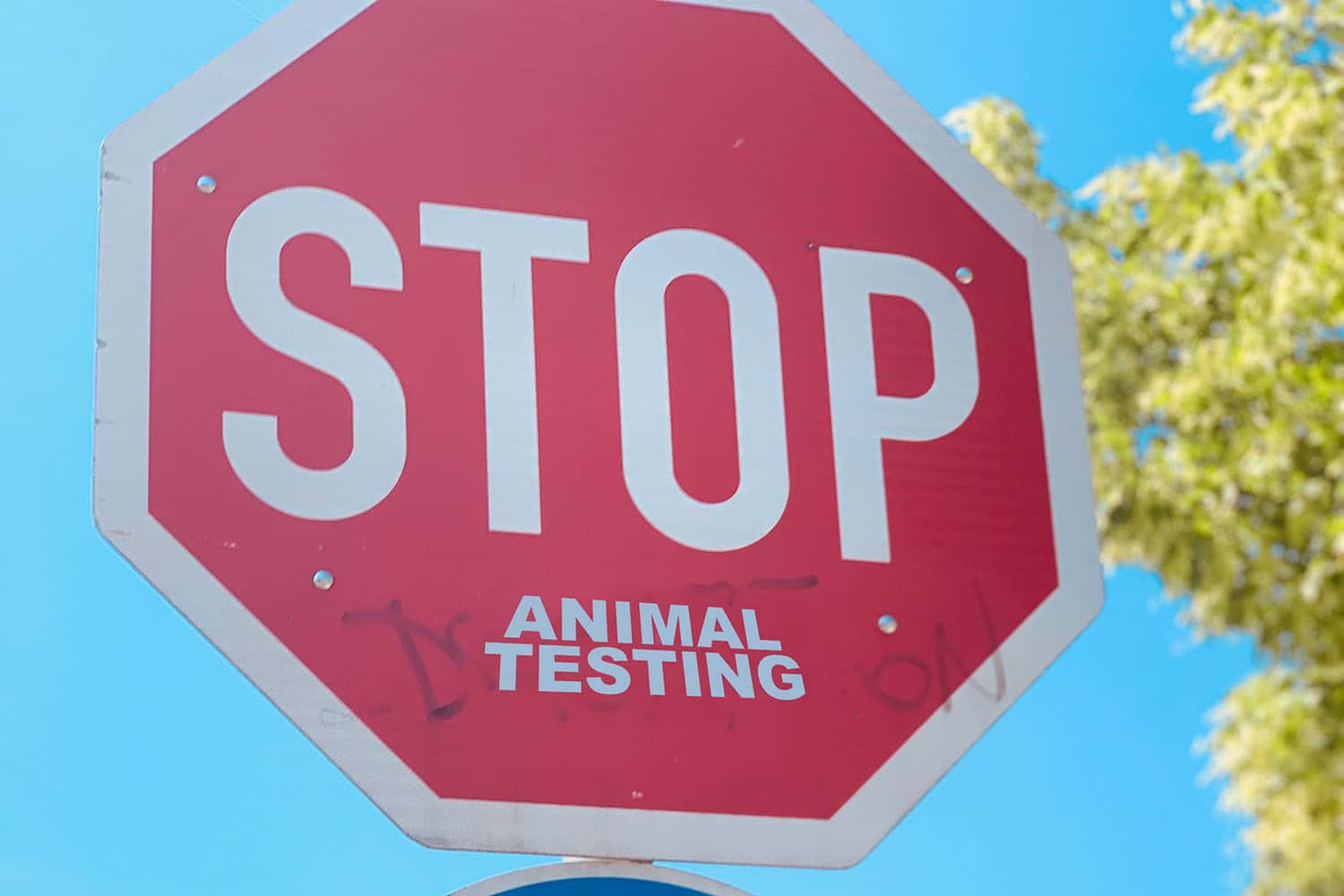
World Day for Laboratory Animals
Why animal experiments are dangerous for all living beings!
Germany in the year 2020
Almost 1.9 million vertebrates and cephalopods (squid and octopuses) were abused in animal experiments. 633,784 animals were additionally killed for scientific purposes, for example to obtain organs and tissue for cell cultures. I sincerely hope that in a few years' time, everyone will be sitting in front of this information as I am at this moment - open-mouthed, shaking their heads in disbelief and on the verge of tears. Do you feel the same way? While the numbers are down 14% ( animals used in experiments) and 9% (animals killed) compared to last year, this is little consolation because they could just as easily be zero.
Which animals are affected?
Rodents account for 78 %. Mice make up the largest proportion overall. Experiments on great apes have been banned in Germany since 1991, although a possibility may be granted for special exceptional circumstances under strict conditions. Monkeys, dogs and cats account for a "small" share of 0.4 % in Germany and the EU. Dogs accounted for 3,527 animals in 2019, about 0.1 % of the total number of experimental animals in Germany. They are mainly used for research into animal diseases and for testing veterinary and human medicines. Furthermore, experiments are carried out on birds, cows, pigs, horses, rabbits, frogs and fish.What is tested?
- 58 % basic research (e.g. studies of the immune system)
- 13 % Research into diseases (human and animal)
- 19 % testing of drugs, vaccines, environmental substances
- 10 % for other purposes (e.g. education and training or breeding of genetically modified animals).
The cosmetics sector in particular shows us how pointless many animal tests are
The European Chemicals Agency ECHA requires animal testing for ingredients that have been used safely for a long time. Even substances that have been used abroad for years have to be tested. At least the EU ban is putting pressure on China: They are finally opening up to animal-free testing methods. The German Research Foundation (DFG) estimates that about 70 % of the adverse effects of products that affect humans can be predicted by animal testing. Yet the failure rate of animal testing is immensely high! 95% of all medicines found to be safe and effective in animal studies fail during clinical trials in humans. Dozens of drugs have to be taken off the market because they cause harm and even death when used on humans, such as the blood lipid-lowering drug "Libopay", the heart drug "Trasylol" and many others. Quite logical, because of course factors such as age, gender and lifestyle habits play an important role. There are also differences in physique, organ function, metabolism and nutrition within the numerous species of our earthlings. Animal experiments may only be carried out if they are indispensable and no alternative methods are available? Wrong!There are numerous alternative methods
- Experiments on cell cultures
- Computer simulations
- Multi-organ chips
- Population studies (e.g. correlation between diseases and lifestyle habits)
So why don't we use our technical progress?
Comfort for us and the animals should come from the 3Rs principle. This was pioneered by William Russel and Rex Burch in "The principles of human experimental technique" in 1959 and is designed to protect animals in research. This principle aims to find other methods (replacement), reduce suffering to a minimum (reduction) and improve interventions (refinement). Hopefully, at least this will be adhered to, if not the bans. In all this, however, many questions remain unanswered:Is a human being worth more than a mouse?
May a mouse be used for the benefit of humans? (Keyword speciesism: a kind of group egoism of mankind directed against non-human beings). Should all living beings be protected by individual rights? Ursula Wolf, representative of the ethic of compassion, considers all beings capable of suffering to be equally in need of protection. Especially because humans have the capacity to do so, they should act morally towards all fellow beings. What corresponds to our everyday understanding and our animal protection law is the so-called double standard theory: there are different duties towards humans and animals. Animals are worthy of protection, but their interests, such as freedom from pain and preservation of life, are subordinate if they come into conflict with human interests. Unfortunately, this means that the use of animals for scientific research is considered ethical. Phew that was tough stuff, wasn't it? Animal experiments provide unreliable results and thus lull us into a supposed sense of security - they are therefore nonsensical, outdated and even dangerous. Yet the fight against animal testing continues to this day.Let's never give up and use the power we all have
When buying dog food, make sure it is animal-free. Because cruel tests are done on pet food too. Have a direct influence on the laws and sign the citizens' initiative against animal testing: https://eci.ec.europa.eu/019/public/#/screen/home. Even if the seals for animal-free natural cosmetics are not transparent: Try to buy animal-free. Take part in demonstrations and educate people around you. What is your opinion on animal testing? Can you think of any other ways that everyone can help in the fight against animal testing?Sources
https://www.drze.de/im-blickpunkt/tierversuche-in-der-forschung/die-bedeutung-des-tierversuchs-fuer-die-forschung https://www.bf3r.de/de/verwendung_von_versuchstieren_im_jahr_2020-288932.html https://www.researchgate.net/publication/351049531_Kompass_Tierversuche_2021 https://www.bfr.bund.de/de/presseinformation/2021/49/zahl_der_verwendeten_versuchstiere_geht_deutlich_zurueck-290686.html https://www.aerzte-gegen-tierversuche.de/de/tierversuche (DFG (2004): Tierversuche in der Forschung. Bonn: Lemmens Verlags- und Mediengesellschaft, 2004: 18)
Comment area
Write a comment


